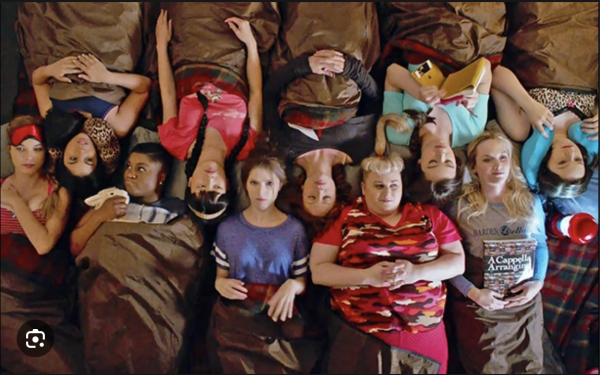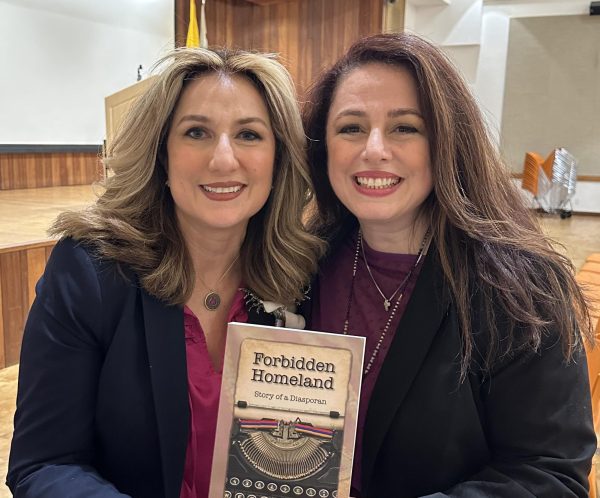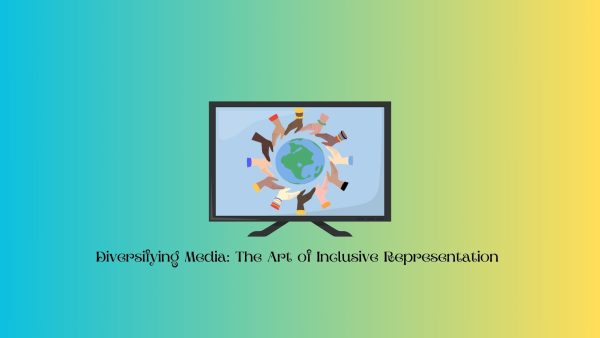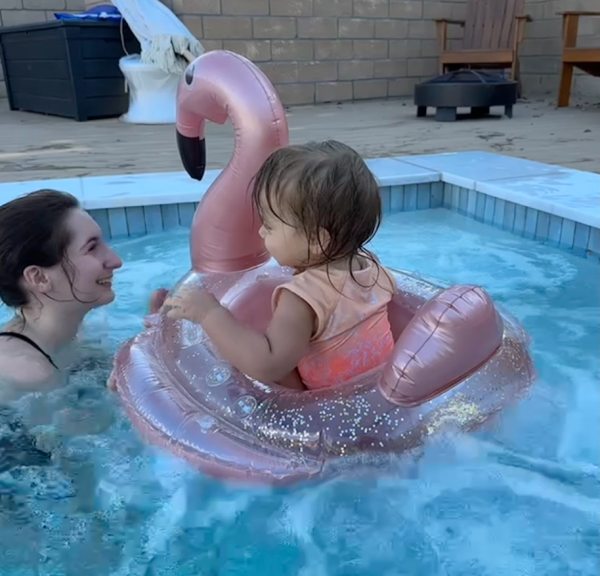Reading for the Sake of Reading: Aesthetics, Elitism, and Highbrowism in Literature
Yorba Linda residents can always check out a book from our public library, and teens have their own section for reading and studying.
October 9, 2022
Is the love for reading lost? Many high schoolers can recount a time in their childhoods when reading was exciting and new: when reading wasn’t a chore, when books were as entertaining as social media or movies, and it didn’t matter how ‘good’ or ‘smart’ you were, as long as you enjoyed the story you read (whether it was Harry Potter or Diary of the Wimpy Kid). However, as standardized testing is introduced and as students progress, passion for reading seems to die with age. Many may blame this phenomenon on ‘growing up’ or gaining maturity, but in reality, reading is wondrous for all ages.
Part of the problem is a lack of curiosity, and we are stifling [teenagers] from reading and then we turn around and complain why the students aren’t curious -we need to let the kids be curious.
— Desiree St. Amant
‘Highbrowism’ is relating to a person or object with pretensions or belief of superiority, often regarding learning or culture. The second this elite approach to education is introduced, learning and patience dissolves from the classroom. Setting values of inferiority sets a standard of low self esteem, rather than confidence, at the formative stages of development. Unfortunately, as students age, learning becomes a competition.
Reading becomes ranked and limited, whether by Accelerated Reader, or more commonly referred as A.R., testing or by educators themselves. A.R. testing is a program that monitors the reading level of elementary school students with multiple-choice reading comprehension questions. Young students are told to read only within their level, not works that are ‘too easy.’ At some point, reading for joy is lost.
Even in high school, students are often instructed to read challenging literature. While this is necessary for language development and education in the classroom, independent reading should be free of these limits. Students are too often praised for reading literature deemed as ‘intelligent,’ regardless of enjoyment. By adding elements of highbrowism and elitism into the classroom, students become more worried about how they are perceived as readers instead of simply reading for enjoyment.
However, It’s not too late for highschoolers to reignite or find passion for reading. Desiree St. Amant (S), the A.P. Literature teacher at YLHS, is known for fostering a joy for literature in her classroom. She recommends books ranging from middle grade graphic novels to modern classics, prioritizing interest over assessment. “When are teenagers going to get a chance to explore?” she asks. “Part of the problem is a lack of curiosity, and we are stifling [teenagers] from reading and then we turn around and complain why the students aren’t curious -we need to let the kids be curious.”
























Sarah Phillips • Oct 11, 2022 at 1:20 PM
I love this! Thank you for highlighting reading and how wonderful it is. I hope this gets more students (and adults) reading for pleasure.